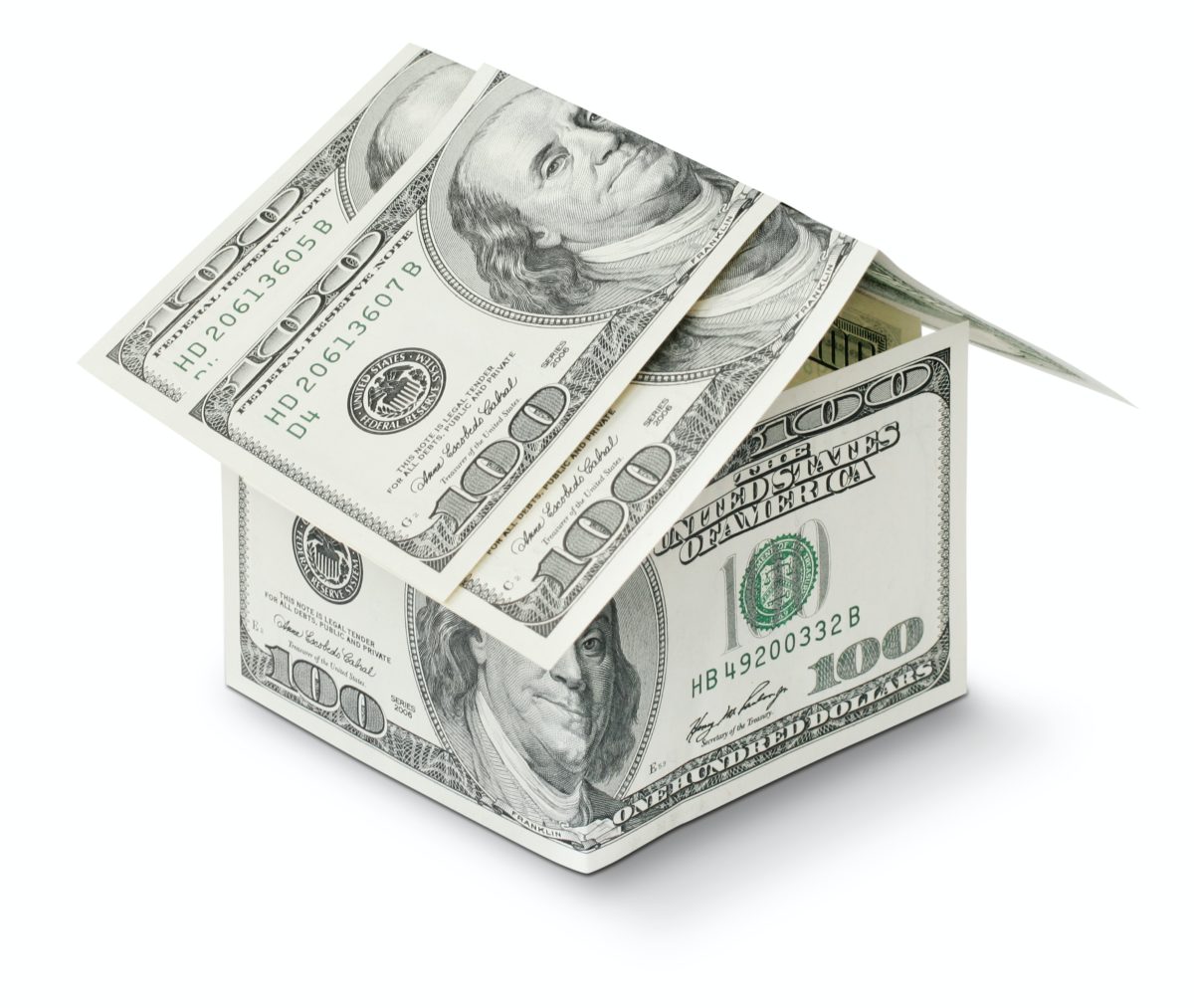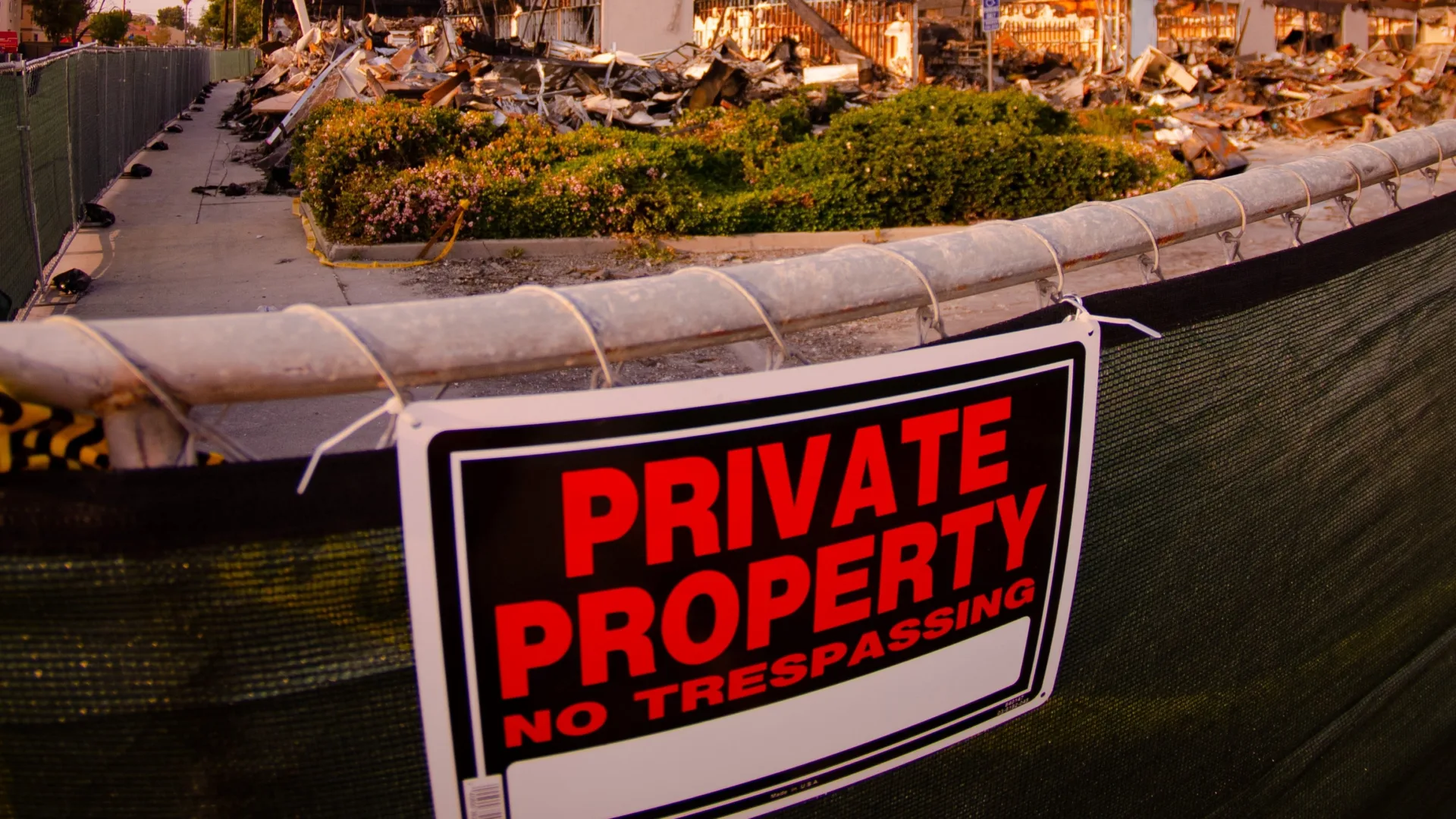The Right to Property is Inalienable, Right?
Some rights are defined as inalienable, meaning that they can’t be taken away from you. Heck, you can’t even sell them, trade them, or give them away. They’re as much a part of you as the color of your eyes. And they’re also shared equally by everyone. That’s what the dictionaries say inalienable means. So, what I’m wondering is, why do folks of a capitalistic point of view say that property is an inalienable right? Do they even know where property comes from? Okay, here’s what that Enlightenment philosopher Rousseau said about that:
“The first man who, having fenced off a plot of land, thought of saying ‘this is
mine,’ and found people simple enough to believe him, was the real founder
of civil society. How many crimes, wars, murders, how many miseries and
horrors might the human race had been spared by the one who, upon
pulling up the stakes or filling in the ditch, had shouted to his kind: Beware
of listening to this impostor, You are lost if you forget the fruits of the Earth
belong to all and that the Earth belongs to no one.”
“Discourse on the Origin and Foundation of Inequality” by Jean-Jacques Rousseau, quoted in The Birth of Territory by Stuart Elden, The University of Chicago Press, 2013
Do capitalists even know that without law, property wouldn’t exist? I mean, can you see property lines and national borders from space, like you’re looking at a Rand-McNally globe in a schoolroom? Property is an idea, not a real thing. So, down to it: why is property NOT an inalienable right? For one thing, it can be taken away from you. Think taxes, fines, tolls, rent. Not only that; you can sell it, give it away, have it taken from you, legally. “Inalienable” means the opposite of this: you can never be separated from what’s inalienable. You can definitely be separated from your property. And as we know, property is not shared equally by all. So why do capitalists insist that property is an inalienable right? It’s clearly not. Wouldn’t you say?

Privileged Property and the Legal Right to Impose Liability*
In the United States, rights attached to a certain kind of property, like surplus homes that owners rent out and semi-automatic weapons, are protected by law more surely than rights attached to people, like the right to shelter and safety. Beyond the superiority of property rights over human rights, it turns out that in the United States, there are also two kinds of rights attached to property. For instance, the money you get in your paycheck and put in your checking account is personal property, and it’s open to being taxed, charged interest for debt, fined, and devalued by the Federal Reserve bank. Law more highly favors another kind of property.
It’s called privileged property. By attaching to it the right to impose liabilities on others, privileged property becomes more than a personal asset. It can be used as leverage against others to increase wealth and power. Privileged property was invented when land became a thing a person could take from the community and then extort members of the community for the right to enter or use it. If we look hard at what it means to “own” land, we find that vested legal rights in ownership of Earth’s surface do not so much convey a right to the owner, but instead impose a removal of rights from everyone except the owner, who has legal authority to sell back once common rights to others, for a price. By attaching the legal privilege to impose obligations and liabilities on other people, privileged property conveys authority over those others to whoever comes into ownership of it.
Among those items that have gained the status of privileged property is the financial debt of those not endowed with wealth. Debt is a valuable commodity to own because the legal rights conveyed to its owners include ownership of other people’s future labor. That’s right. Ownership of the privileged property known as “debt” gives creditors the right to claim ownership of the future labor of borrowers.

And, not surprisingly, owners of others’ financial liabilities want pay for work to be low. They don’t care about being paid back quickly by well-paid workers; they want to own the debtor’s labor extending well into the future because by offering low minimum payments over time they can create more wealth through interest, that is, by appropriating more work from debtors.
On top of that, wealth gained through inheritance, through interest charged, rent, dividends, investments, and other privileged property methods of passive self-enrichment, has fewer legal obligations and liabilities than personal property. And, ironically, law creates massive disincentives to work for wages, leaving it to the survival instinct of common people to entice them to take jobs. Think about the “great resignation” of workers who decided not to return to jobs after the COVID quarantine. Many found other, more rewarding ways to get by. Oddly, taxes levied against business corporations – one type of privileged property — are generally lower than taxes on personal income, and fees, tolls, and fines against corporate privileged property are classified as business expenses, and are thus tax deductible. Not so for these same expenses paid out of the average personal income.
You may be surprised to know that leisure and luxury aren’t the biggest motivations for hoarding privileged property. Nope. Possession of it conveys to its owner the right to impose legal and financial liabilities on others, and that translates into real power. The U.S. constitution, economy, and its whole system of law encourage the hoarding of wealth and power. But you have to wonder if legally protecting rights attached to privileged property really serves the common good. Something seems out of kilter. Wouldn’t you say?
Where did the Rights of Privileged Property Come From in the U.S.?
The founding fathers gave birth to privileged property when they conceived of enslaved people counting as three-fifths of a legal person at census time. That meant possessing slaves would give states where slavery was legal that much more representation in Congress and the Electoral College, which chooses the U.S. president (who chooses Supreme Court judges). Enslaved people were given the status of privileged property, meaning a constitutional right to extra political power was attached to them – not to be enjoyed by them, but to be conveyed to their legal, constitutional owners who were blessed with an extra scoop of so-called democratic rights. This is what we call privilege.
Today, we don’t legally allow the ownership of other persons. Oh, except for corporate persons. And corporations were converted into privileged property that conveys extra rights to its owners when the U.S. Supreme Court began declaring corporate property to be a legal person with constitutional rights. Of course, the WalMart logo can’t enjoy all the Bill of Rights protections the Supreme Court has given it and all other corporate property. But the Walton family is tickled pink to have that extra layer of privilege, as are Jeff Bezos, Elon Musk, Bill Gates, Warren Buffet, and other privileged billionaires. Privileged property in the form of a corporation conveys to its owners enormous political power to set policy, choose candidates and fund elections, and dictate social norms, not to mention corral the majority of us into cubicles, delivery trucks, kitchens, factories, fields, and earth movers, all to create for them the fortunes they use to our disadvantage. It shouldn’t be surprising.

The Rule of Property, according to a dusty old law book, is a “a general principle of law that decisions which have become rules of property, i.e. under which property rights have been acquired, will not be overruled, though erroneous.” Legal Precedent is also such a tool, protecting what common sense tells us were past judicial errors against correction in the present. But when the captains of capitalism want precedent overturned, as we witnessed with the reversal of Roe v. Wade, accommodations for the sake of preserving the bigger precedent – patriarchy – are made. You might be forgiven for thinking this isn’t exactly Camelot. Neither is privileged property a well-deserved reward for hard work. It feels like we’ve been played. Wouldn’t you say?
*For a full discussion of how privileged property has been ensconced in American law since ratification of the U.S. Constitution, see Ben G. Price’s book “How Wealth Rules the World: Saving Our Communities and Freedoms from the Dictatorship of Property”



